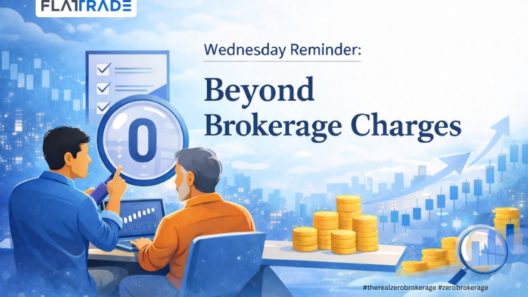A Demat account is primarily used to hold the shares and securities in the dematerialized or electronic form. When an investor buys or sells shares and securities, the credit or debit of the shares is registered in this account in electronic form. You do not require any balance or shares in your hand to open this account. When it comes to transactions of shares, the Demat account only registers the entry of credit and debit.
A trading account is a transaction account that takes care of complete buying and selling. You need shares and securities as ‘balance’ in this account to trade. Every trading account is assigned a specific and unique account number just like bank accounts.
What is the major difference between a Trading Account and a Demat Account?
The functionality of Demat Vs Trading Account
The primary purpose of a trading account is that it is used for the purchase or sells shares and securities. Whereas, the primary purpose of the Demat account is to hold the shares and securities in electronic form. When executing purchase or sell orders, the shares in the Demat account are debited. The order is executed through the trading account.
The nature of the two accounts
A trading account acts as your bank account which processes the transactions. It mainly links the Demat account and the bank account. On executing the purchase or sell order, the shares in the Demat account are debited and the process happens through the Trading account.
The role of the two accounts
You, as an investor, require both accounts for performing trade. When you purchase the shares and securities, the bank account is debited for money and the Demat account is credited with the shares. Here, the order for purchase is given through the Trading account. Similarly, when you sell the shares and securities, the Demat account is debited with the shares, and the bank account is credited with the money. Also, the order of sale is executed through the Demat account.
How to open your Demat Account and Trading account:
To open a Demat and Trading account you should connect with a broker first. You may require your basic KYC documents for opening these accounts. These documents include:
- PAN card,
- Aadhaar card,
- Photograph,
- Signature on a paper,
- Bank details such as account number,
- Bank proof (Cancelled cheque or Bank statement)
The important key here is to choose the right broker who charges the least for orders and account opening. Flattrade is one such brokerage that offers the lowest brokerage. They charge Rs.10 per order for intraday and derivatives and ZERO for deliveries. Click here to open your Trading and Demat account now!






